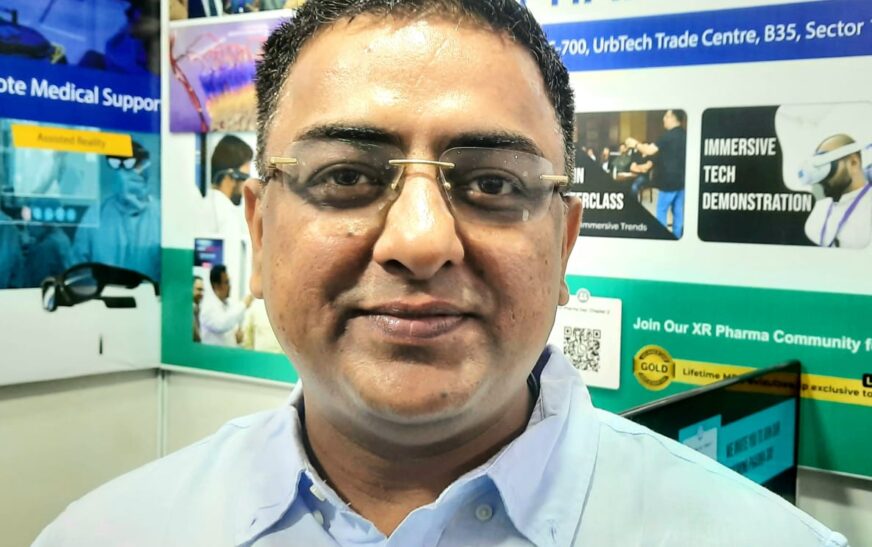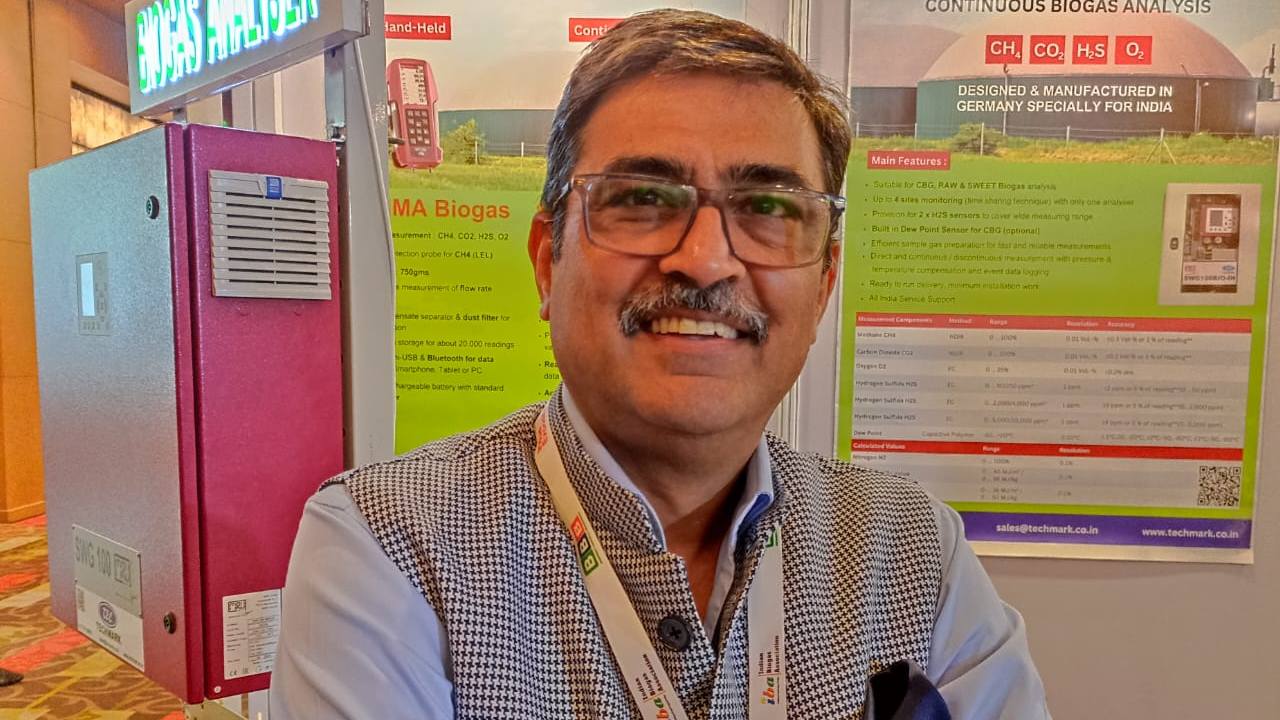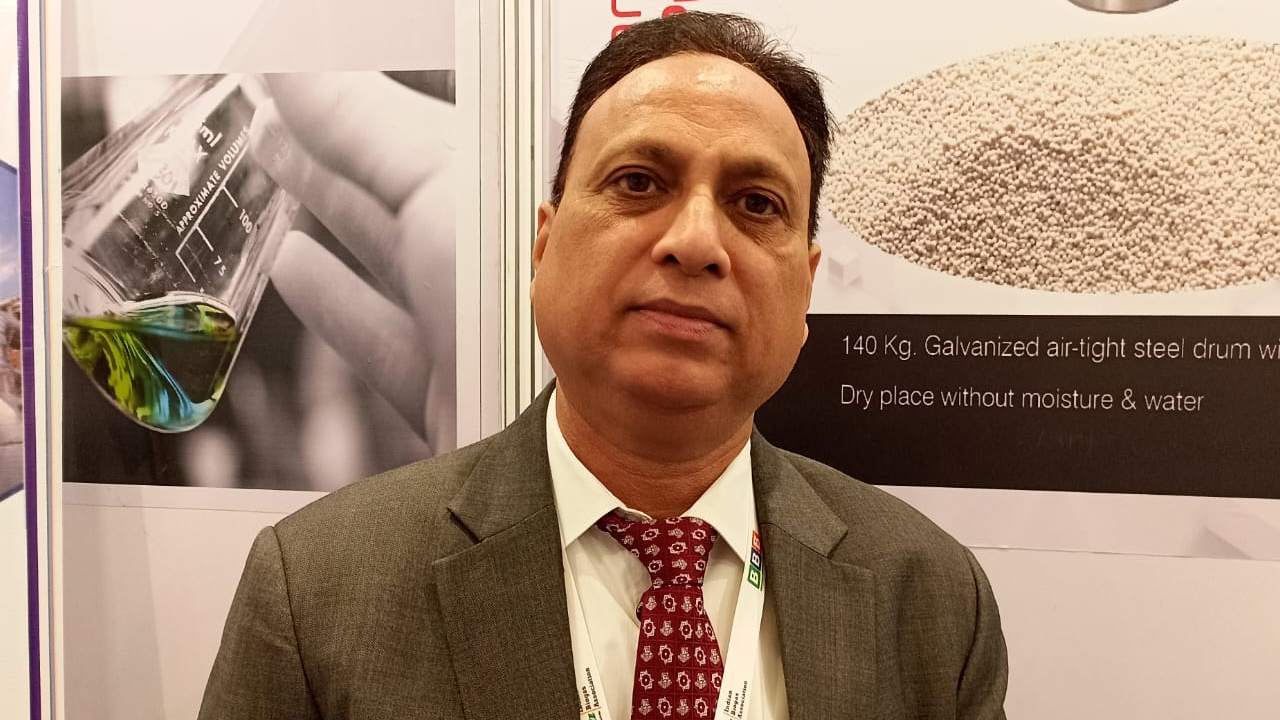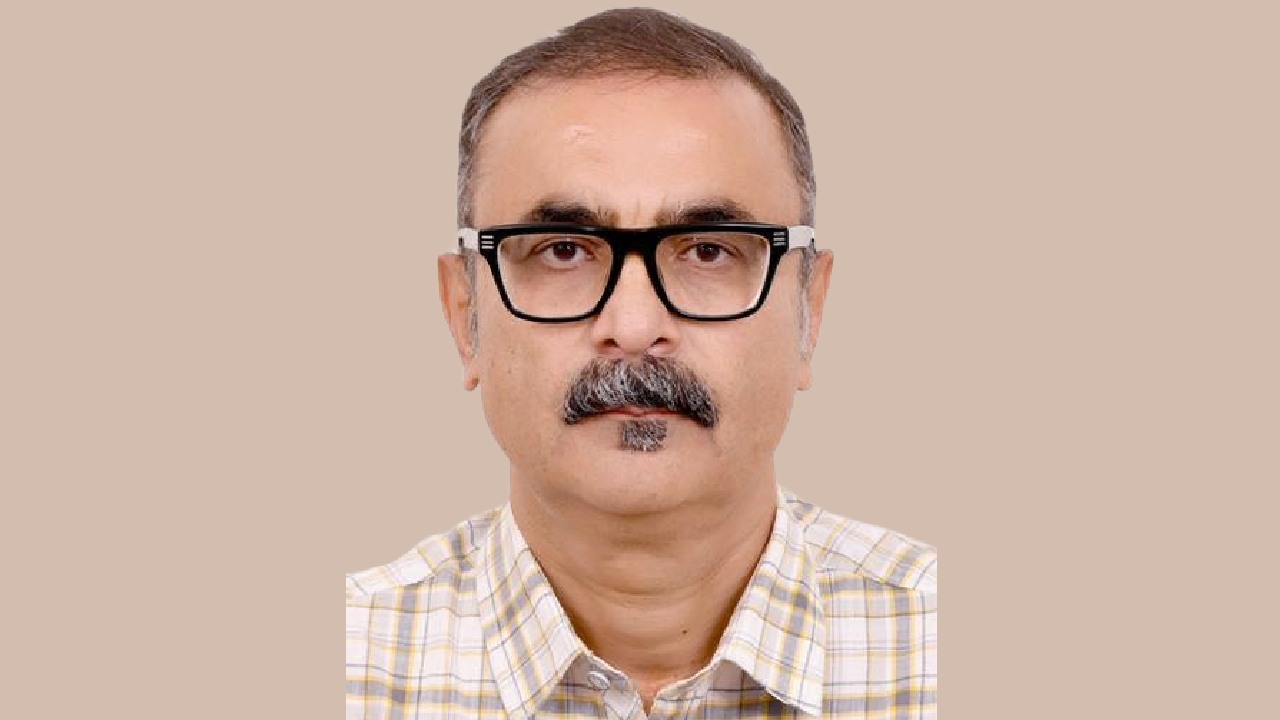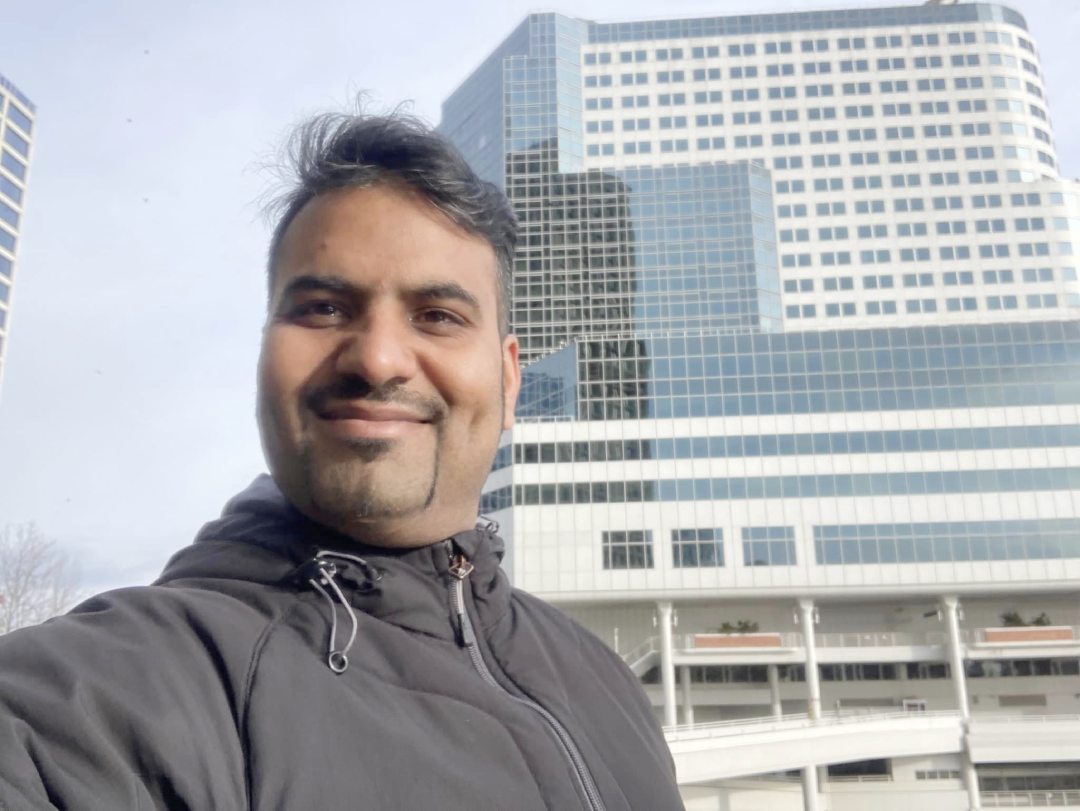Metaverse911, established in 2022, offers tailored solutions to accelerate clients’ Metaverse and Web 3 journey. On 16th April 2024, Metaverse911 inaugurated its inaugural Metaverse Experience Center in Noida. Fitted with cutting-edge immersive technology, the Center invites visitors into diverse virtual realms, spanning from futuristic cities to manufacturing floors. This initiative aims to provide a platform for CIOs, CTOs, CXOs, and industry leaders to explore implementable solutions for organizational challenges, ushering in a new era of digital innovation nationwide.
In an exclusive conversation with The Interview World, Rrahul Sethi, Founder & Chairman of Metaverse911, illuminates the significance of the first Metaverse Experience Center, elaborates on the business model, discusses metaverse opportunities, and presents an exclusive healthcare use case. Here are the pivotal insights from his interview.
Q: How does Metaverse911 operate and what are its primary activities?
A: We’ve inaugurated India’s inaugural Metaverse Experience Center, pioneering a shared services model. Essentially, we’re a hardware-agnostic, content-agnostic hub. Here, regardless of your industry—be it medical, retail, automotive, or marketing—you’ll encounter a diverse array of extended reality experiences. From augmented reality to virtual reality, mixed reality, Metaverse, and Web3, we’ve curated an immersive spectrum.
The significance of our venture lies in its potential impact on healthcare. As the world transitions from 2D to 3D, human experiences evolve. From the Web1 era of discussion forums to the selfie culture of social media, and now, the immersive realm, the trajectory is clear.
In the medical sector, this shift also opens avenues for showcasing various processes—from pre-hospitalization to surgical procedures—in a more engaging manner. At our Metaverse Experience Center, we’re spearheading XR Day events, inviting leaders from diverse sectors to witness tailored immersive experiences. For instance, during XR Pharma Day, representatives from major pharmaceutical companies across India experienced firsthand the transformative potential of immersive tech.
Our core mission revolves around knowledge dissemination and awareness-building in immersive technology. Through over 50 live events on social media, we’ve reached over 150,000 attendees. Additionally, our newsletter reaches nearly 5000 CIOs nationwide.
Primarily, our visitors encompass those seeking to explore, understand, or enhance immersive technology within their organizations. That’s our driving force, our raison d’être—the journey we’re committed to.
Q: Could you elaborate on the underlying business model driving the offerings you provide to clients?
A: As an organization, we think beyond the development. We don’t align ourselves with the typical traits of a development company. Instead, we meticulously choose to collaborate with a select few partners on a global scale. This selection process involves thorough due diligence. Our partners are established entities in the realm of technology, having demonstrated their capabilities by implementing experiences worldwide for various clients.
Drawing on their proven expertise, we facilitate connections between these partners and buyers, overseeing program management in our capacity as an organization. We specialize in content-driven delivery, distinguishing ourselves from the conventional label of a development company. Through this approach, we not only cultivate awareness but also foster meaningful collaborations.
Q: What are the key trends and factors that you anticipate shaping the trajectory of this market over the next 5 to 10 years?
A: We’re actively engaged in the XR content creation market, amidst the current industry dynamics. Over the past five years, approximately $5 billion worth of business has been transacted in immersive technology, encompassing both content and hardware sectors.
Presently, our focus lies on a variety of hardware products. Among them, RealWear offers assisted reality, Microsoft HoloLens features mixed reality, and we also offer Pico and Oculus for virtual reality experiences. Each of these hardware solutions presents significant opportunities.
Additionally, we possess a comprehensive report detailing these opportunities, which we will elaborate on and provide to you shortly. According to this report, we anticipate the immersive experiences market in India to burgeon to $30 billion by 2030.
Q: How might the adoption of this technology impact healthcare practices, and what are the potential implications for patient care and outcomes? Can you illustrate with a specific use case within the healthcare domain?
A: Immersive technology can revolutionize human experiences, particularly in the medical field. Consider the case of Plexus Med Care, a renowned super specialty cardiology center in Rajkot, Gujarat. Dr. Amit Raj, the hospital’s managing director, has spearheaded a transformative approach.
Picture this: a patient undergoing a bypass surgery, isolated from loved ones for days, grappling with the physical and emotional toll of the procedure. Dr. Raj recognized this struggle and introduced a groundbreaking solution: virtual reality meditation sessions.
The results are remarkable. Patients, regardless of education level or age, find solace and healing through these immersive experiences. It’s a small yet profound illustration of technology’s impact on human well-being.
Just recently, Dr. Raj reaffirmed the effectiveness of this approach during a visit to our experience center. He expressed his commitment to enhancing patient satisfaction and leveraging data to drive continuous improvement.
In essence, Dr. Raj’s innovative use of immersive technology not only enhances patient care but also contributes to valuable medical research. This transformative journey underscores the profound influence of experiential technology on the human condition.
How virtual reality and meditation can treat patients is the way forward. Therefore, not only this, surgical procedures and orthopedic surgery, for example, fit the bill. In orthopedic surgery, even if you go to Google, you will find 30% to 40% of the time there is a mistake in a surgical operation.
At least the knee operation, for example, the knee replacement. And in knee replacement, if you utilize mixed reality. What it does is that see, the kneecap is always standard.
But the human body is not standard. Your knee, his knee, and mine are different. So, what they do is they put the knee on the top of it.
What they don’t realize sometimes, doctors also do not have all the info. So, when they put it, most of the time you will see the person saying, I am now having more pain than I had earlier. Why? Because it’s not been put correctly.
With the use of mixed reality or MR, the MRI of the knee gets teleported into mixed reality. And so, when a doctor looks at it, it tells you that glass that you see in front of me. It tells you where to place the knee, thereby reducing the total error to up to 28-30% accuracy. That’s the kind of revolution that’s bringing into the medical industry.

